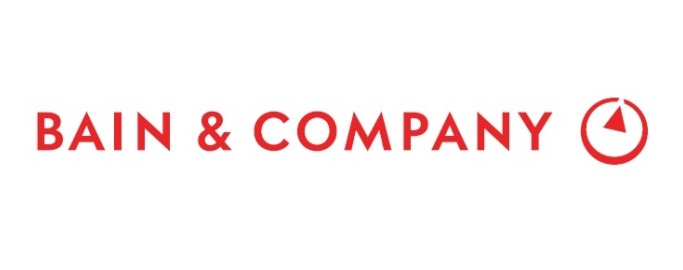Words and Phrases Management Consultants Use for Effective Client Communication

As consultants work with clients on projects, effective communication is the key to maintaining smooth relations. The manner in which a consultant communicates is essential in resolving differences and building trust. Ultimately, learning how to efficiently communicate with clients can foster an environment in which creative ideas, problem solving, and mutual respect can flourish.
Words and Phrases that Consultants Commonly Use
Consultants are known to use jargon or buzzwords when they talk with their clients. Here are some of the most frequently used terms in the industry:
| 80/20 rule | In consulting, this term is used to indicate that 80% of the task can be delivered 20% of the time. |
| Leverage | This term is frequently used in consulting as a fancy way of saying “utilize” or “use.” For instance, “Let’s leverage last month’s revenue data.” |
| Low-hanging fruit | In the consulting industry, this term refers to the initial opportunities that are the easiest to cover; like a quick win. |
| 30,000 feet view | This term suggests viewing something from a distance in order to perceive the bigger picture. Thus, consultants use this when considering all relevant perspectives in order to think more strategically. |
| Boil the ocean | This implies a clearly impossible task. It is used when the target outcome would be impossible to achieve, despite the generous amount of time and effort exerted. |
| MBB | This acronym is used to refer to the “big three” of the consulting world: McKinsey, Bain, and BCG. |
Avoid Using Too Many Buzzwords
People in the consulting environment have such an extended vocabulary of jargon or buzzwords that what they intend to say becomes confusing. Although there are plenty of buzzwords in management consulting, they should not be used in client discussions. Most clients won’t understand industry jargon. One essential way to effectively communicate is to create a common ground. You can do this if you present ideas and use terms that clients will understand.
Whenever you talk with your clients, ensure that they fully comprehend the situation and your recommendations. Make sure that you present your ideas in layman’s terms. Don’t inject your proposal with fancy words in an attempt to impress your clients—they won’t appreciate confusing concepts. Always take into consideration that they may not be familiar with the jargon you use when talking with your peers. Also, anticipate questions your client may have to help you effectively convey your ideas.
How to Effectively Communicate with Clients
Having the ability to effectively communicate with your clients is an important part of a successful consulting project. To avoid confusion, conflict, and inaccurate results, here are some guideline to clear and effective communication.
Be Courteous
Any client will appreciate being treated courteously. Courteous words and phrases, such as “please,” “thank you,” “you’re welcome,” “excuse me/pardon me,” “will you?” etc., should be a part of your vocabulary. Being courteous throughout your conversations will help build a rapport with your clients.
Be Open-minded
One essential skill of a successful consultant is the ability to listen. Remember, hearing is different from listening. Let your clients explain their thoughts. Do not interrupt them by saying, “I know.” This is extremely rude. Also, avoid being judgmental. Listening to their thoughts does not necessarily mean you agree with them. Just try to be as open-minded as possible. Show interest in what your client is saying. Smile, nod occasionally, and encourage the speaker to continue discussing his or her thoughts with small comments such as “yes” or “uh huh.”
Demonstrate Your Understanding
Any speaker likes to feel heard and understood. Ensure you demonstrate your understanding by asking relevant questions, summarizing the details of the discussion, and presenting important implications arising from the conversation. This will help build a deeper connection between you and your client. Your client will know if you’re just passively listening. Make your client feel that you are both on the same page, and demonstrate your understanding by being present “in the moment.”
Deliver Your Message Clearly
Always speak clearly and concisely. Express your ideas in a calm and confident manner. As much as possible, get straight to the point and refrain from being indecisive or condescending.
Avoid Fillers
Saying, “Ah” and “Um,” will not add value to your conversation. More importantly, do not use such expressions as they are associated with lack of preparation or indecision, which are not qualities of a good consultant.
Be Professional
Professionalism adds to the value of your skills. When communicating with your client via email, ensure to proofread the content prior to sending it and only use your business email address. When talking with them, make sure you speak articulately and knowledgeably. And whenever you have a scheduled meeting with your clients, take time to prepare an agenda outline—readiness means professionalism.
Ask for Feedback
Keep the lines of communication open. This will help you maintain long-term relationships with your clients. You can do this by asking them for their input or about how they feel about your service.
The success of a consulting project does not only rely on the consultant’s knowledge of business principles and strategies. Learning the art of effective client communication is also a critical aspect.









